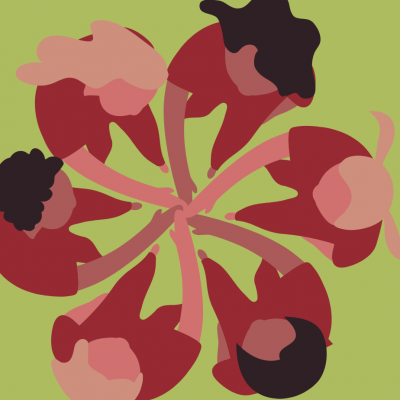Fair Culture: Recommendations for a new Global Cultural Policy
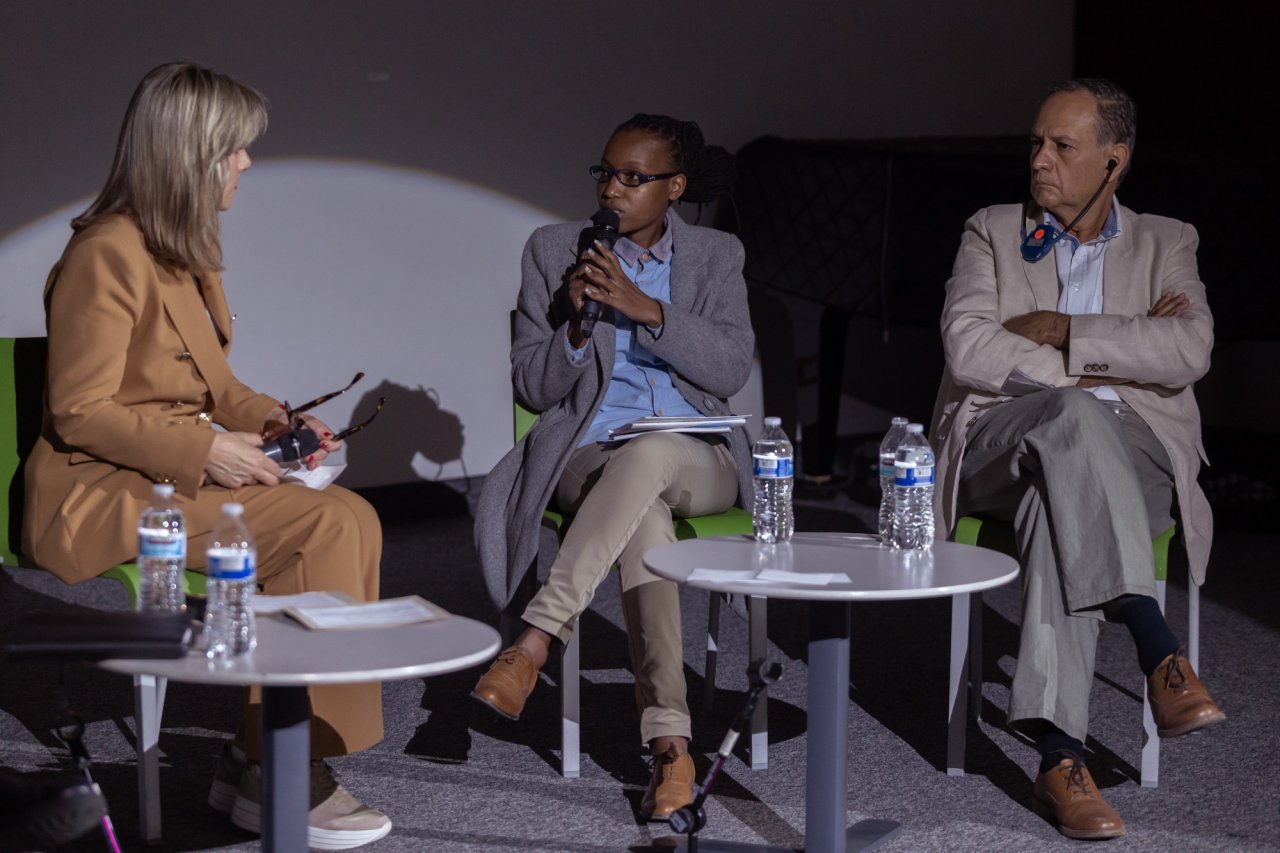
At the invitation of the German Commission for UNESCO and its partners, more than 200 experts from well over 50 countries met in Mexico City and online on 27 September 2022 to formulate recommendations for a fair approach to international cultural cooperation for the forthcoming UNESCO World Conference MONDIACULT 2022 and its follow-up process.

Fair trade principles are used to trade numerous economic goods from cotton to flowers; this helps reduce poverty and inequalities worldwide. So far, little has been said about whether these principles could also be meaningfully applied in the cultural sector or creative industries. Should this be the case, it could have far-reaching positive consequences for artists and creators, especially from the Global South.
Agenda of the Side Event "Fair Culture - A Key to Sustainable Development" (27th of September 2022)
On the eve of the UNESCO World Culture Conference at the Goethe-Institut Mexico City and online, experts from culture and the creative industries, politics and academia as well as artists from all over the world discussed ways to make the principles of Fair Trade applicable to the cultural sector. All participants shared the conviction that fair culture is indeed a promising way to ensure fair cultural relations.
The event on "Fair Culture - A Key to Sustainable Development" focused on how to make progress on the path to fair culture, for example, by including the preferential treatment of culture makers and culture from the Global South in trade agreements - something that is already binding under international law, but which has not been widely implemented. There were also calls to raise awareness of the precarious situation of many artists and cultural workers, especially in the Global South, i.e. their poor pay, the lack of social security as well as of infrastructure, capacities and self-organisation.
The German Commission for UNESCO put its "Fair Culture" initiative up for debate in various forums in previous years and published a comprehensive feasibility study in 2021. "Fair Culture" is the German Commission for UNESCO's contribution to the debate initiated by UNESCO and the MONDIACULT 2022 World Conference on how a new cultural policy can contribute to overcoming global challenges, such as safeguarding cultural diversity in times of digitalisation, culture after the Covid-19 pandemic and fair working conditions in the cultural sector, as well as perspectives on cross-sectoral mobilisation for "Fair Culture".
The event was opened by Johannes Ebert, Secretary General of the Goethe-Institut, Prof. Dr. Maria Böhmer, President of the German Commission for UNESCO and Ernesto Ottone, ADG for Culture at UNESCO. Speakers included Patrizia Ariza, Minister of Culture of Colombia, German Ambassador Dr Peter Reuss, French Ambassador Véronique Roger-Lacan, Friederike Kärcher, Head of Division for Media, Culture, Creative Industries and Sport at the Federal Ministry for Economic Cooperation and Development (BMZ), Miguel Ángel Munguía, Board Member of Fairtrade International and Keith Nurse, Principal of Sir Arthur Lewis Community College, St Lucia.
“Fair Trade for Culture is about creating access to global value chains, especially for developing countries. It is about gender equity, proper valuation and fair renumeration of artistic and intellectual work. Therefore, "Fair Culture" is a key element for cultural diversity and a sustainable, balanced and inclusive cultural ecosystem.”
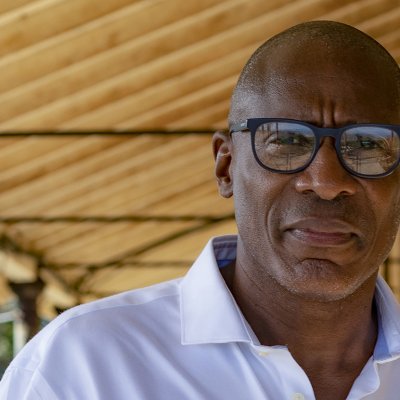

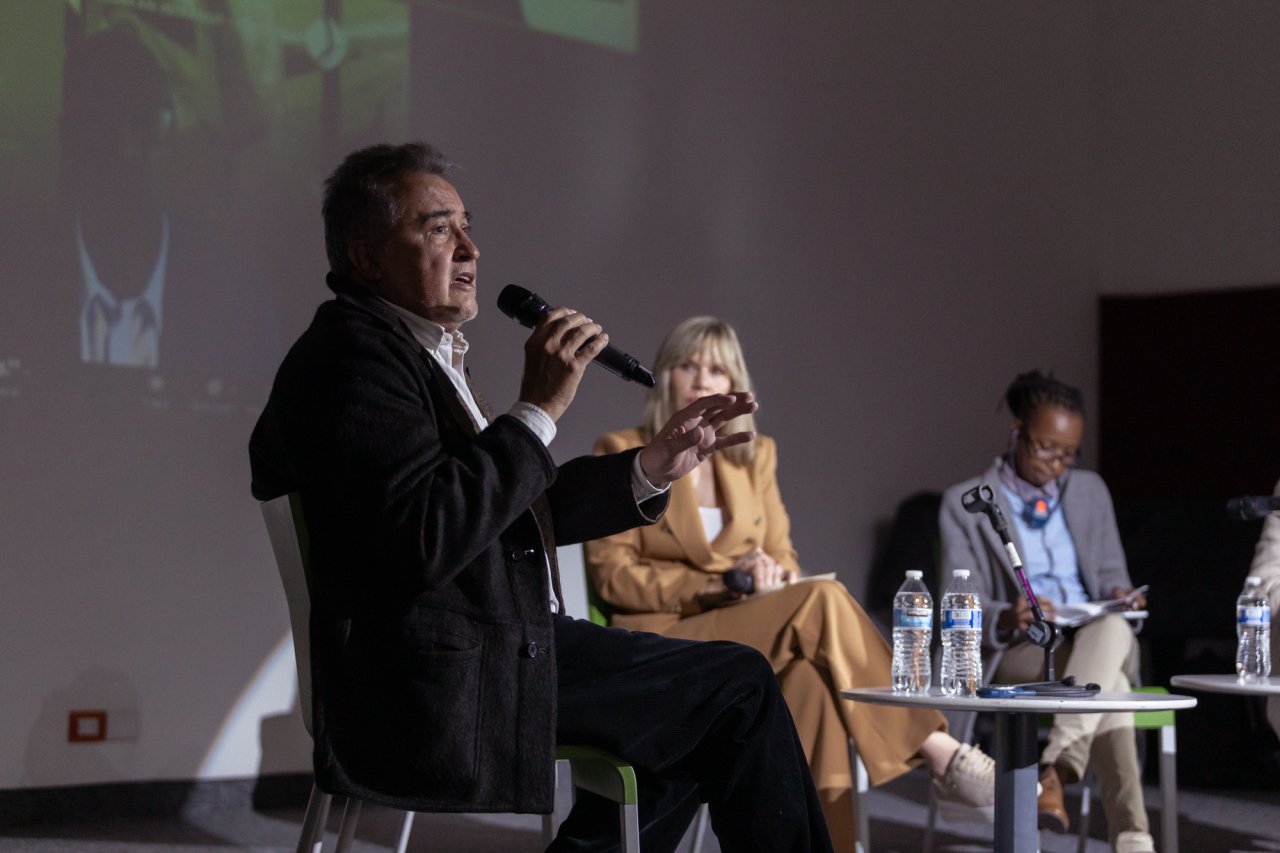
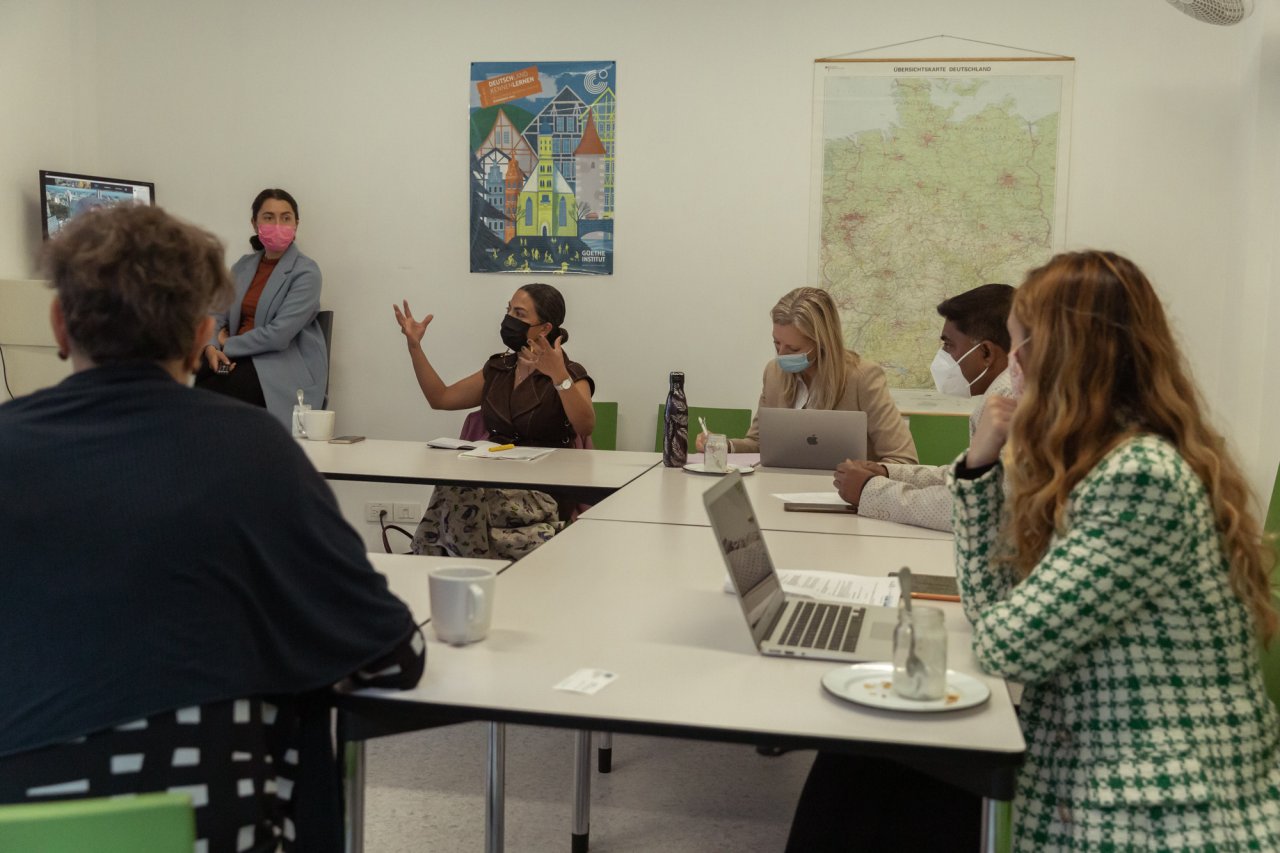
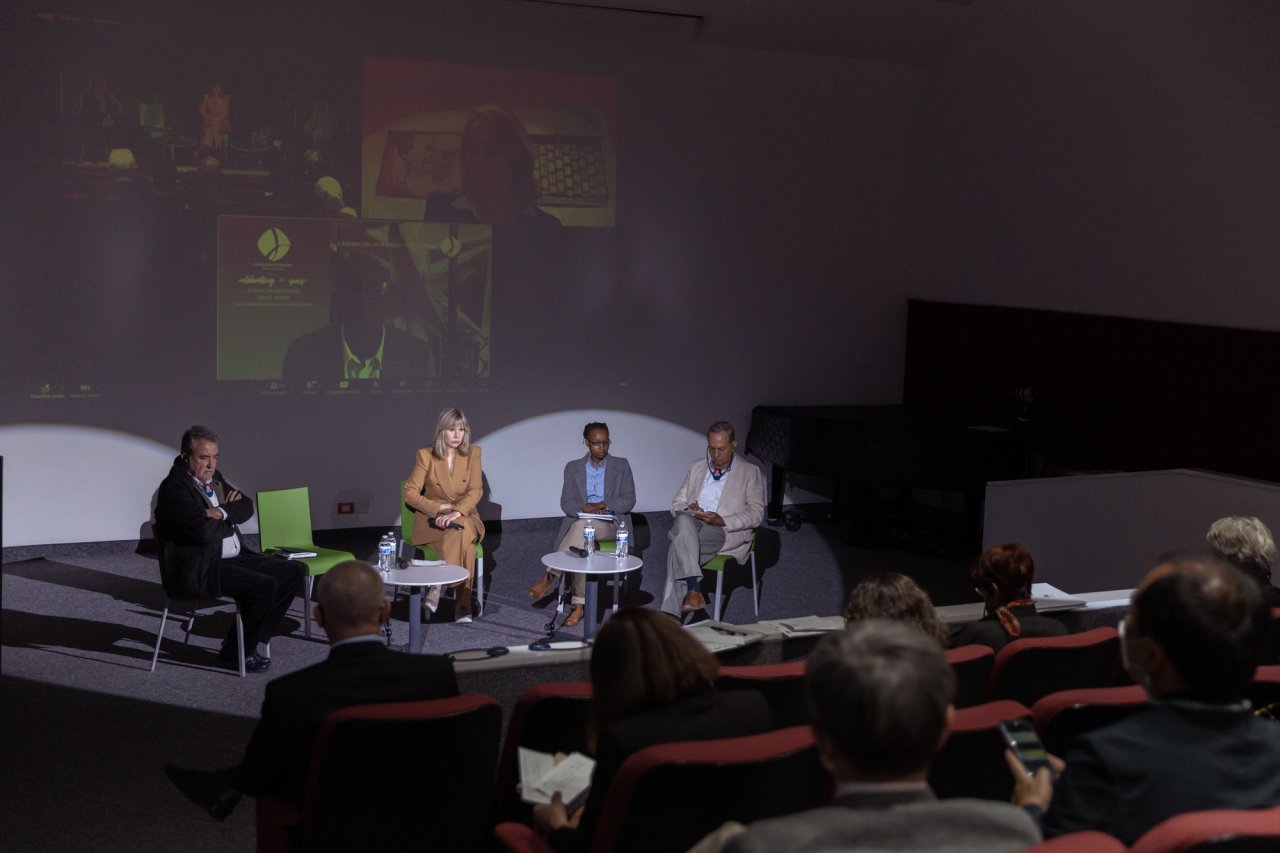
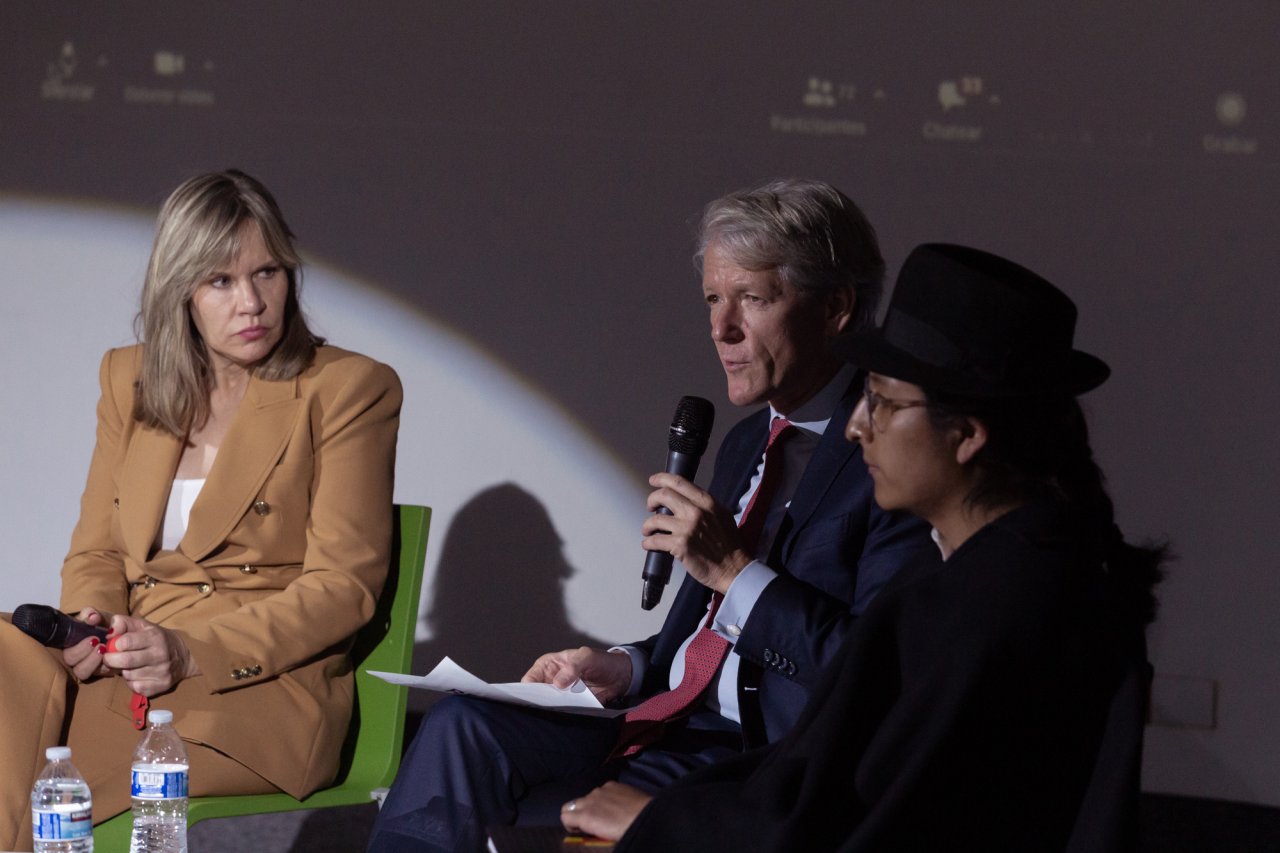
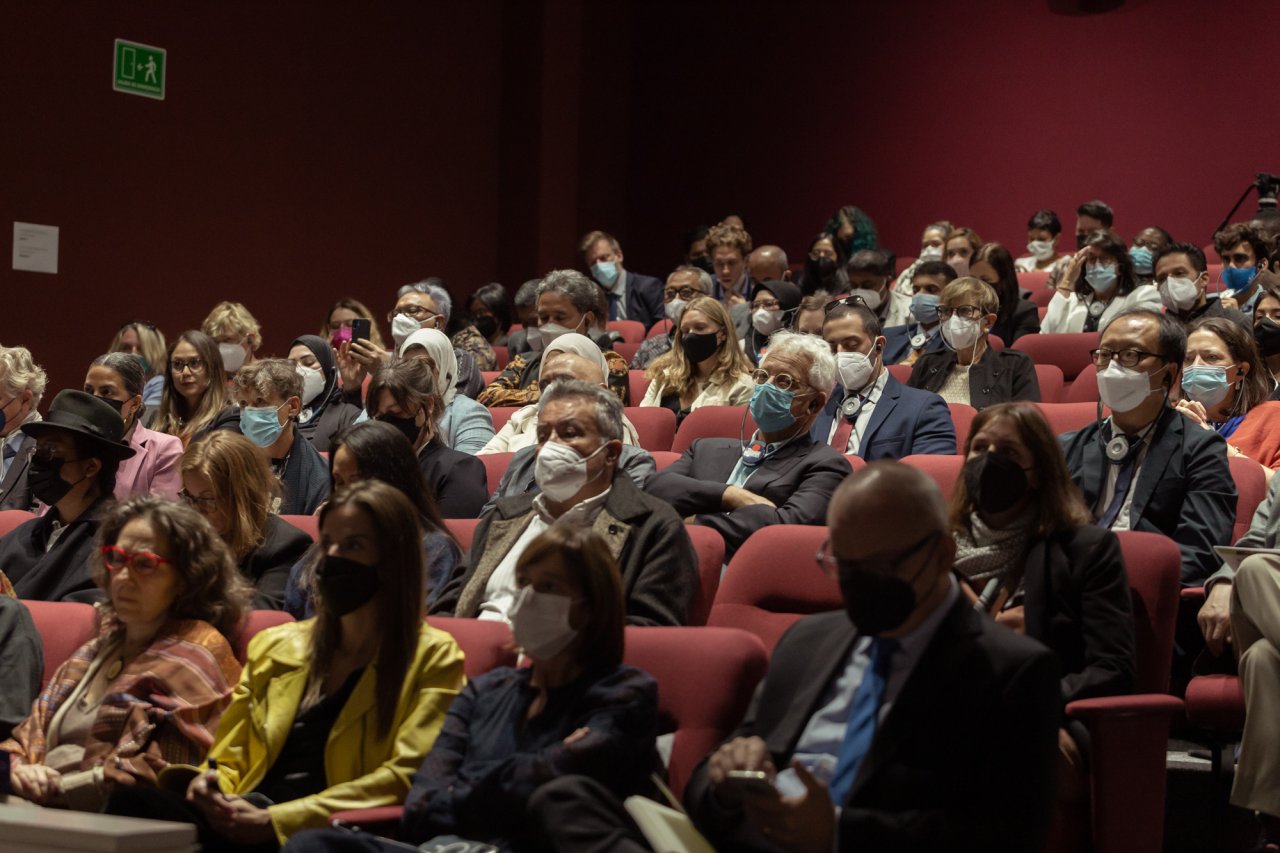
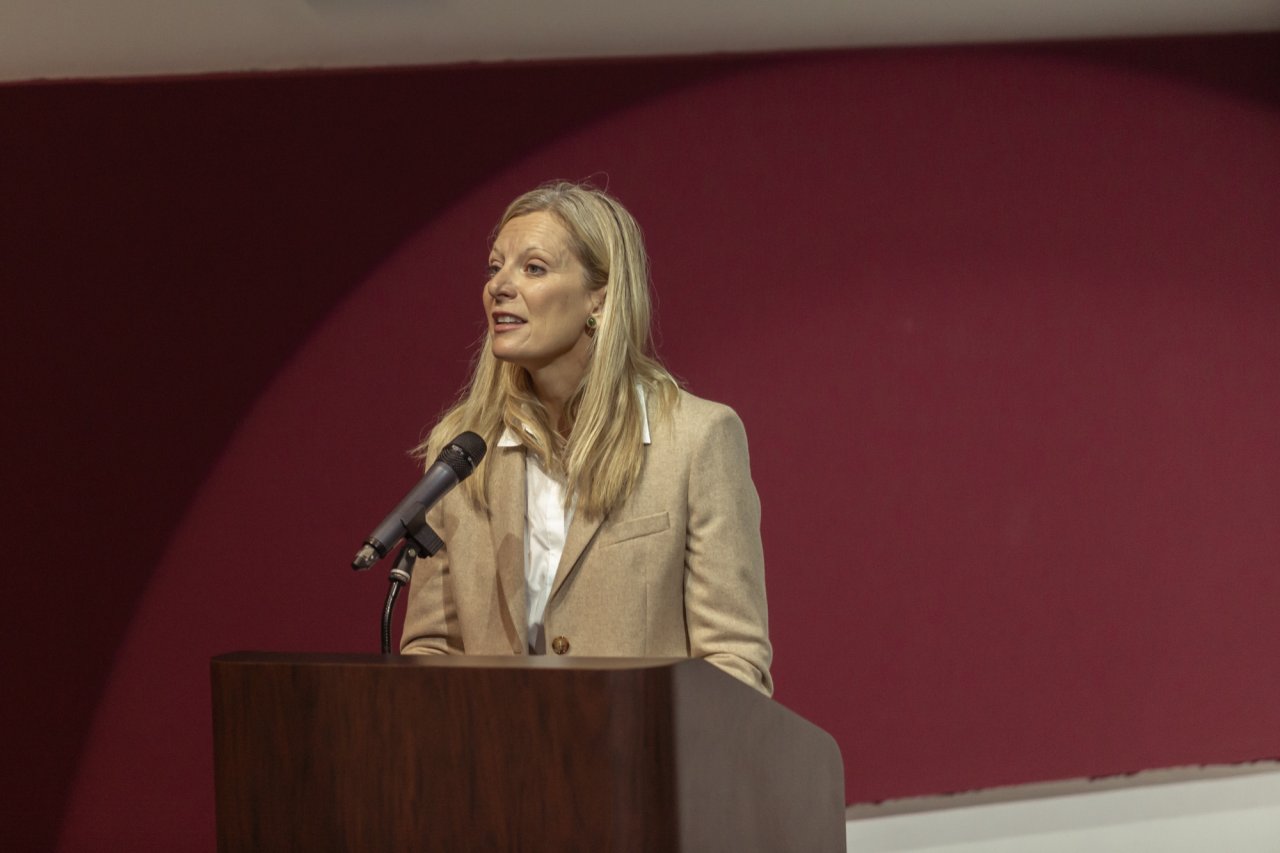

Recommendations for action for a cultural policy of the future
Together, the participants formulated the following recommendations for action for "Fair Culture".
- Fair Culture is impossible without better political recognition of culture as a global public good and of the importance of active cultural policy worldwide.
- Leadership from the Global South is as indispensable in promoting Fair Culture as the voice of artists and cultural practitioners from all cultural sectors.
- In order to seize the opportunities of the digital transformation, the appropriate involvement of multinational companies in the process of developing Fair Culture needs to be particularly carefully considered.
- The development of a "Fair Culture Charter " (along the lines of the Fair Trade Charter) is a useful first step, if it includes agreements on concrete targets.
For the next steps, the eight organisers of the side event committed themselves to further support the process of promoting Fair Culture within their possibilities. At the same time, they appealed to UNESCO to actively promote Fair Culture itself. They called on the participants of the Mondiacult 2022 World Conference to support this plea.
The side event was the first step towards a long-term exchange on "Fair Culture", with the aim of making the cultural sector more resilient and sustainable and consequently fit for the future.
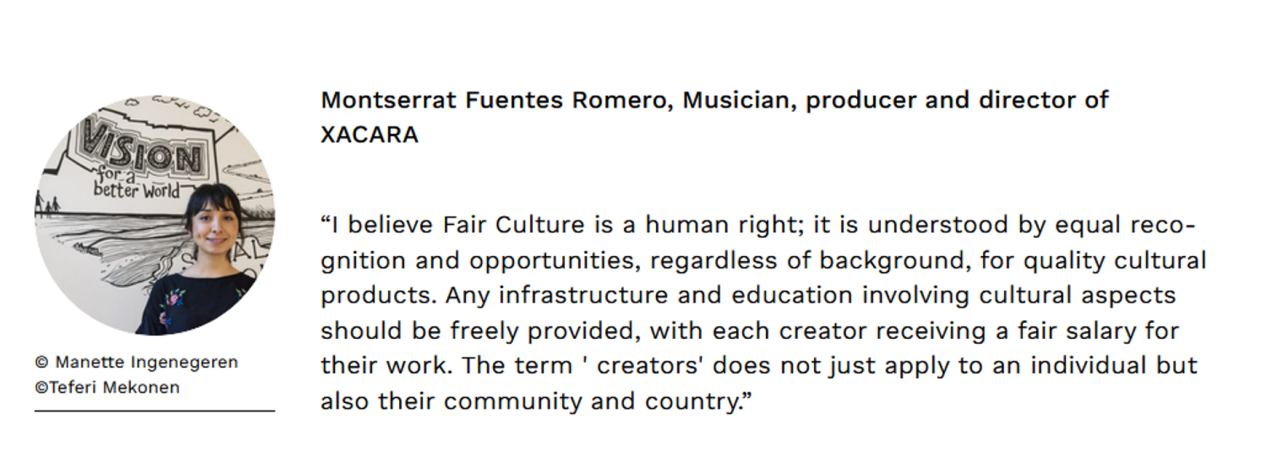
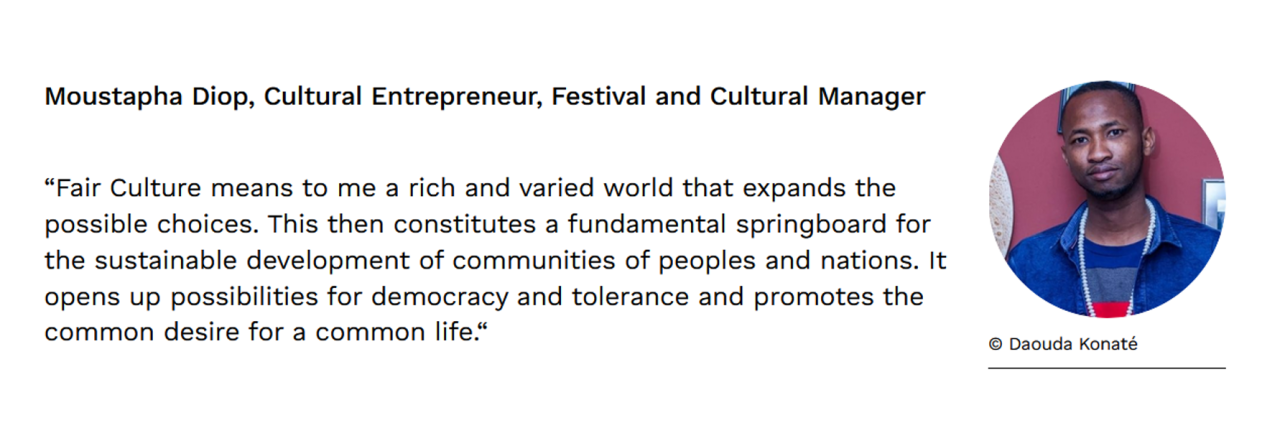
Together with its partners and 15 selected young experts, the German Commission for UNESCO will further develop the "Fair Culture" initiative based on a multi-stakeholder approach in the coming years.
The side event was organised by the German Commission for UNESCO in cooperation with the International Federation of Coalitions for Cultural Diversity IFCCD, the UNESCO Chair at the University of Laval and the Goethe-Institut Mexico. Other partners are the UNESCO National Commissions of France, Kenya and South Korea and the Ministry of Culture of Colombia.



